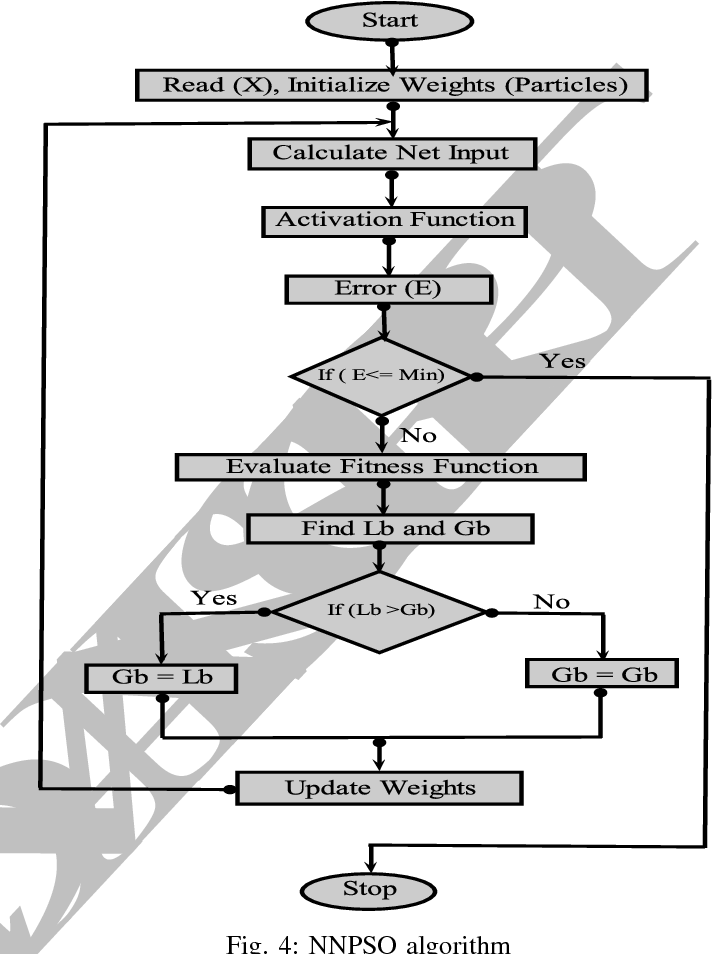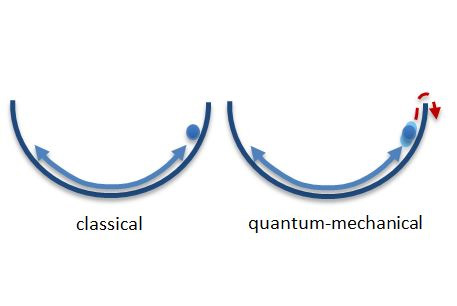
Demis Hassabis is a British neuroscientist and artificial intelligence researcher. He is also an entrepreneur, and a game designer. He has won five times the Pentamind championship for board games. During his career, he has travelled to many countries to help improve AI. He also won the World Championship of Computer Chess. He is currently the foremost researcher in cognitive neuroscience, a field he developed.
chess prodigy
Demis hassabis, who was once a child chess genius, has turned his talents toward science and is now co-founder at DeepMind, an artificial intelligence company. The chess champion is also a computer scientist. He is using the same chess skills to apply science and technology. His work raises interesting questions about artificial intelligence, as well as the future of chess.
When Hassabis was a teenager, he achieved the ranking of master in chess and was the world's second-best under-14 player. At 14 he completed his GCSEs, two years ahead of his peers. He went on to take A-level maths/physics and won the UK's under-11 championships at age nine. He was eight when the prodigy entered the world of computer games, purchasing a ZX Spectrum computer.

Cognitive neuroscience researcher
Cognitive neuroscience is an area of study in which a person's imagination is a crucial component. The brain damage at the hippocampus is thought be a major reason for amnesia. Hassabis' autobiographical memory research has helped us understand how our imagination and episodic memories relate. His research was widely cited, in Science and Nature as well as many other scientific journals.
Demis Hassabis was a child prodigy who studied at Cambridge University. After graduating, he founded Elixir Studios which is a pioneering gaming studio. His company has been a pioneer in creating award-winning games, including those for Vivendi Universal as well as global publishers like Electronic Arts or Disney. He returned to academia to earn his PhD in cognitive neuroscience from University College London. The Massachusetts Institute of Technology was his next postdoctoral appointment. Science named Hassabis’s work on memory-imagination research as one the ten most important scientific breakthroughs of 2007.
Video game designer
Initially, Hassabis worked in the computer industry as a computer programmer, then moved into the business, winning a competition for a job in Amiga Power magazine. He co-designed the video game "Theme Park", which was sold more than ten million copies and won the Golden Joystick Award. He has since founded his own video game studio, Elixir Studios, and has worked with various publishers, including Microsoft and Vivendi Universal.
At the age of 13, Hassabis was a champion chess player, and began playing games against adults. Bullfrog Productions hired Hassabis to develop the bestselling games Syndicate, and Theme Park. Hassabis, who was a student, also worked alongside Peter Molyneux as a games designer. He developed Theme Park - the first management simulation game.

Entrepreneur
British entrepreneur Demis Hassabis, an artificial intelligence researcher and British entrepreneur, is well-known for his work in games and video. He is also a neuroscientist, and has been crowned five-time Pentamind champion. Hassabis currently works on Mindstorms, a game that challenges players to solve puzzles with artificial intelligence. Whether it is developing artificial intelligence through games, or creating new ways to make games more fun, Demis is a creative force to be reckoned with.
DeepMind was established by Demis Hassabis back in 2010. This company later was acquired by Google. In October 2015, DeepMind's AlphaGo computer beat the European Go champion Fan Hui with a five-to-zero score. The Shogi World Championship was won by DeepMind's AlphaGo machine in December 2017. This computer program combined Monte-Carlo Tree Search with Deep learning.
FAQ
Who created AI?
Alan Turing
Turing was created in 1912. His father was clergyman and his mom was a nurse. He was an exceptional student of mathematics, but he felt depressed after being denied by Cambridge University. He discovered chess and won several tournaments. After World War II, he was employed at Bletchley Park in Britain, where he cracked German codes.
He died in 1954.
John McCarthy
McCarthy was born 1928. He was a Princeton University mathematician before joining MIT. The LISP programming language was developed there. He had laid the foundations to modern AI by 1957.
He died in 2011.
What are some examples AI applications?
AI can be used in many areas including finance, healthcare and manufacturing. Here are just some examples:
-
Finance – AI is already helping banks detect fraud. AI can scan millions of transactions every day and flag suspicious activity.
-
Healthcare – AI is used for diagnosing diseases, spotting cancerous cells, as well as recommending treatments.
-
Manufacturing - AI in factories is used to increase efficiency, and decrease costs.
-
Transportation - Self driving cars have been successfully tested in California. They are currently being tested all over the world.
-
Utilities can use AI to monitor electricity usage patterns.
-
Education - AI has been used for educational purposes. Students can communicate with robots through their smartphones, for instance.
-
Government - AI is being used within governments to help track terrorists, criminals, and missing people.
-
Law Enforcement - AI is being used as part of police investigations. Search databases that contain thousands of hours worth of CCTV footage can be searched by detectives.
-
Defense - AI can be used offensively or defensively. An AI system can be used to hack into enemy systems. Artificial intelligence can also be used defensively to protect military bases from cyberattacks.
Who are the leaders in today's AI market?
Artificial Intelligence (AI) is an area of computer science that focuses on creating intelligent machines capable of performing tasks normally requiring human intelligence, such as speech recognition, translation, visual perception, natural language processing, reasoning, planning, learning, and decision-making.
Today there are many types and varieties of artificial intelligence technologies.
Much has been said about whether AI will ever be able to understand human thoughts. However, recent advancements in deep learning have made it possible to create programs that can perform specific tasks very well.
Today, Google's DeepMind unit is one of the world's largest developers of AI software. Demis Hashibis, the former head at University College London's neuroscience department, established it in 2010. DeepMind, an organization that aims to match professional Go players, created AlphaGo.
Statistics
- Additionally, keeping in mind the current crisis, the AI is designed in a manner where it reduces the carbon footprint by 20-40%. (analyticsinsight.net)
- More than 70 percent of users claim they book trips on their phones, review travel tips, and research local landmarks and restaurants. (builtin.com)
- In the first half of 2017, the company discovered and banned 300,000 terrorist-linked accounts, 95 percent of which were found by non-human, artificially intelligent machines. (builtin.com)
- In 2019, AI adoption among large companies increased by 47% compared to 2018, according to the latest Artificial IntelligenceIndex report. (marsner.com)
- While all of it is still what seems like a far way off, the future of this technology presents a Catch-22, able to solve the world's problems and likely to power all the A.I. systems on earth, but also incredibly dangerous in the wrong hands. (forbes.com)
External Links
How To
How to set Alexa up to speak when charging
Alexa, Amazon's virtual assistant, can answer questions, provide information, play music, control smart-home devices, and more. It can even listen to you while you're sleeping -- all without your having to pick-up your phone.
You can ask Alexa anything. Just say "Alexa", followed by a question. Alexa will respond instantly with clear, understandable spoken answers. Alexa will continue to learn and get smarter over time. This means that you can ask Alexa new questions every time and get different answers.
You can also control lights, thermostats or locks from other connected devices.
Alexa can also adjust the temperature, turn the lights off, adjust the thermostat, check the score, order a meal, or play your favorite songs.
Set up Alexa to talk while charging
-
Open Alexa App. Tap Settings.
-
Tap Advanced settings.
-
Choose Speech Recognition
-
Select Yes, always listen.
-
Select Yes, wake word only.
-
Select Yes, and use a microphone.
-
Select No, do not use a mic.
-
Step 2. Set Up Your Voice Profile.
-
Choose a name for your voice profile and add a description.
-
Step 3. Step 3.
Speak "Alexa" and follow up with a command
For example: "Alexa, good morning."
Alexa will respond if she understands your question. For example, "Good morning John Smith."
Alexa won't respond if she doesn't understand what you're asking.
-
Step 4. Restart Alexa if Needed.
After making these changes, restart the device if needed.
Note: If you change the speech recognition language, you may need to restart the device again.